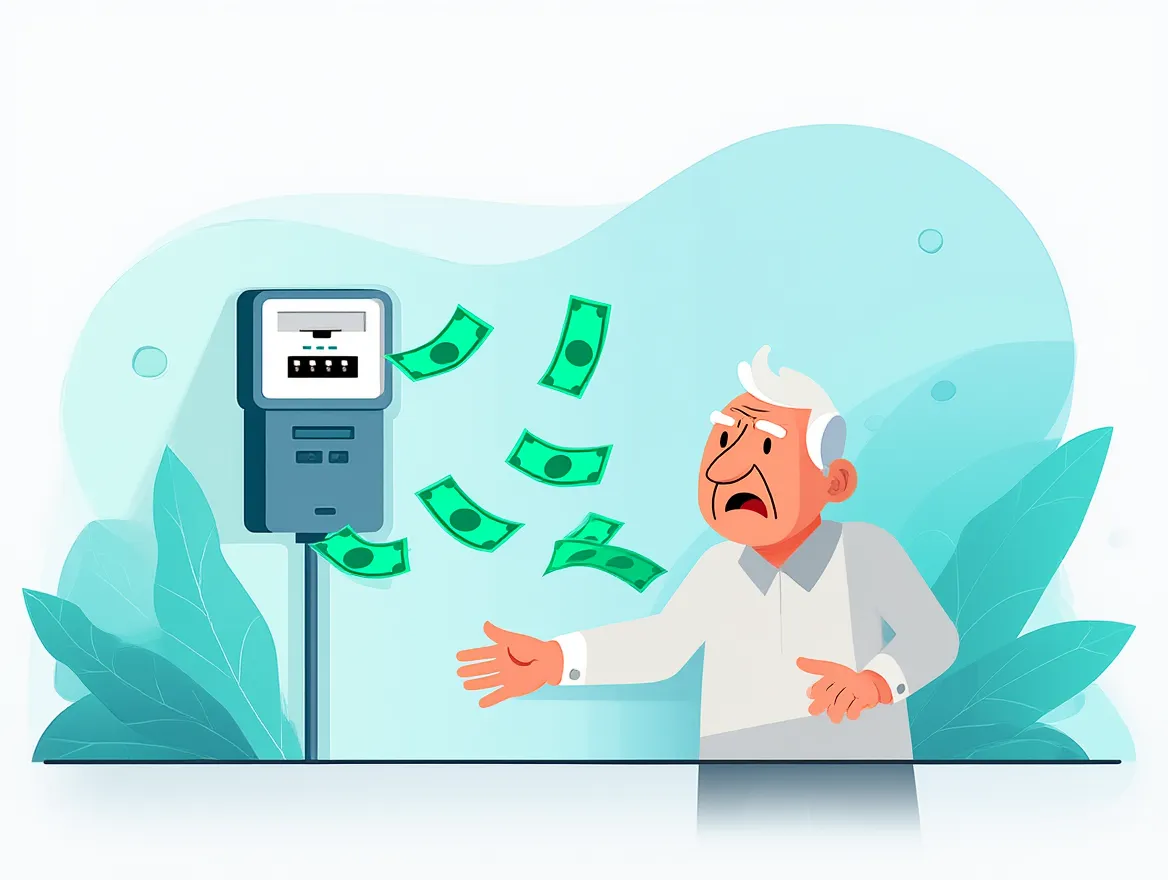The Takeaway
- Small monthly savings add up to thousands each year.
- Many bills — from insurance to internet — are negotiable.
- Don’t pay for things you no longer use or need.
- Even “fixed” income can stretch further with a few smart habits.
When Paul retired, he assumed that “fixed income” meant “fixed expenses.” But after a few months of cable bills, insurance renewals, and subscription auto-payments he didn’t even remember signing up for, it hit him: just because income doesn’t go up doesn’t mean bills can’t go down.
7 Options to Consider
Here’s where to look when you want to reduce your monthly costs without feeling like you’re sacrificing comfort:
1. Re-shop Your Insurance: Auto, home, and even dental insurance can often be renegotiated for better rates.
Ask yourself: “When’s the last time I got a quote from someone else?”
2. Cut the Cord — or the Stream: If you’re paying for multiple streaming services and cable, it may be time to let one go.
Ask yourself: “Do I actually watch these channels?” Could a digital antenna work for local news?
3. Downsize Your Phone Plan: You may be paying for unlimited data you don’t use.
Ask yourself: “Am I using all this data, or am I mostly on Wi-Fi?”
4. Reduce Utility Costs: Simple changes like using LED bulbs or adjusting your thermostat can save you money.
Ask yourself: “Am I wasting energy with outdated appliances or habits?”
5. Cancel Unused Subscriptions: Old memberships, services, or software renewals may still be charging you.
Ask yourself: “Would I notice if this was gone?”
6. Switch to Annual Billing: Some services offer a discount if you pay once a year instead of monthly.
Ask yourself: “Is it cheaper to pay in bulk?”
7. Consider a Roommate or Short-Term Renter: This won’t be for everyone, but if you’ve got extra space, it can help.
Ask yourself: “Could I turn my guest room into extra income?”
Final Thought
The little things you let slide can end up draining your budget. With just a bit of reviewing, negotiating, and canceling, you can free up hundreds every month.
Disclaimer: This article is intended for general informational purposes only. Financial decisions should be made with the help of a certified advisor.









